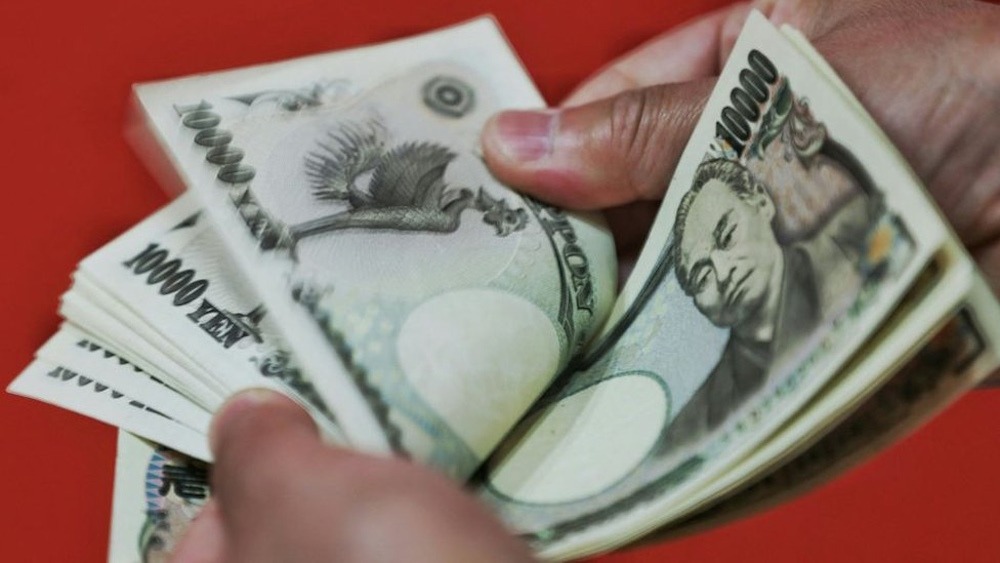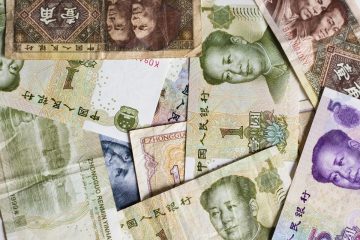Strength of the yen casts a shadow over Japan

Japan’s trade has slipped into a deficit, as the strength of the yen casts a shadow over the country’s export outlook. Japan’s trade balance turned negative again in July as the yen’s recent strengthening dampened the prospects for the country’s exports. Japan recorded a trade deficit of 621.8 billion yen in July, which is equivalent to $4.28 billion. According to Ministry of Finance data released on Wednesday, there was a surplus of 224 billion yen in July. This was contrary to the expectations of economists polled by data provider Quick, who had predicted a deficit of 359.1 billion yen.
In July, there was a significant increase in exports compared to the same period last year, driven by strong demand for chips. This growth surpassed the increase seen in June. However, the growth in imports exceeded that of exports, with a 16.6% increase driven by the demand for pharmaceuticals and telephones, according to the data from the Ministry of Finance.
Economists suggest that the strength in imports can be attributed to a recovery in domestic demand, which has been fueled by rising wages. Japan’s trade balance has been in the red in recent years due to higher import costs, which have been partly inflated by the weakness of the yen. The country heavily relies on imports for items such as food and energy. Experts predict that the nation is headed towards yet another year of recording an annual trade deficit.
Meanwhile, the pace of export recovery could be hindered by the uncertain global economic outlook. In July, Japan’s exports to the U.S. and China experienced strong growth, while shipments to Europe declined by 5.3% compared to the previous year.
According to Taro Saito, an economist at the NLI Research Institute, Japan’s exports are expected to remain sluggish due to the ongoing slowdown in overseas economies and the added pressure from the strong yen.
When the yen strengthens, it can have a negative impact on Japanese exporters as their products become relatively more expensive in international markets. The yen has seen a significant increase in value compared to the dollar in the past month. This can be attributed to the Bank of Japan’s decision to raise interest rates in late July, as well as the growing anticipation of an interest rate cut by the Federal Reserve.
According to a note from CIMB research analysts led by Michelle Chia, the yen strengthened against the dollar following the publication of research papers from the Japanese central bank. These papers emphasized the ongoing inflationary pressure in Japan, which further supports the argument for additional rate hikes. The yen’s value in Tokyo on Wednesday was around 145.40 to the dollar, a significant improvement from its early July rate of around 162.









